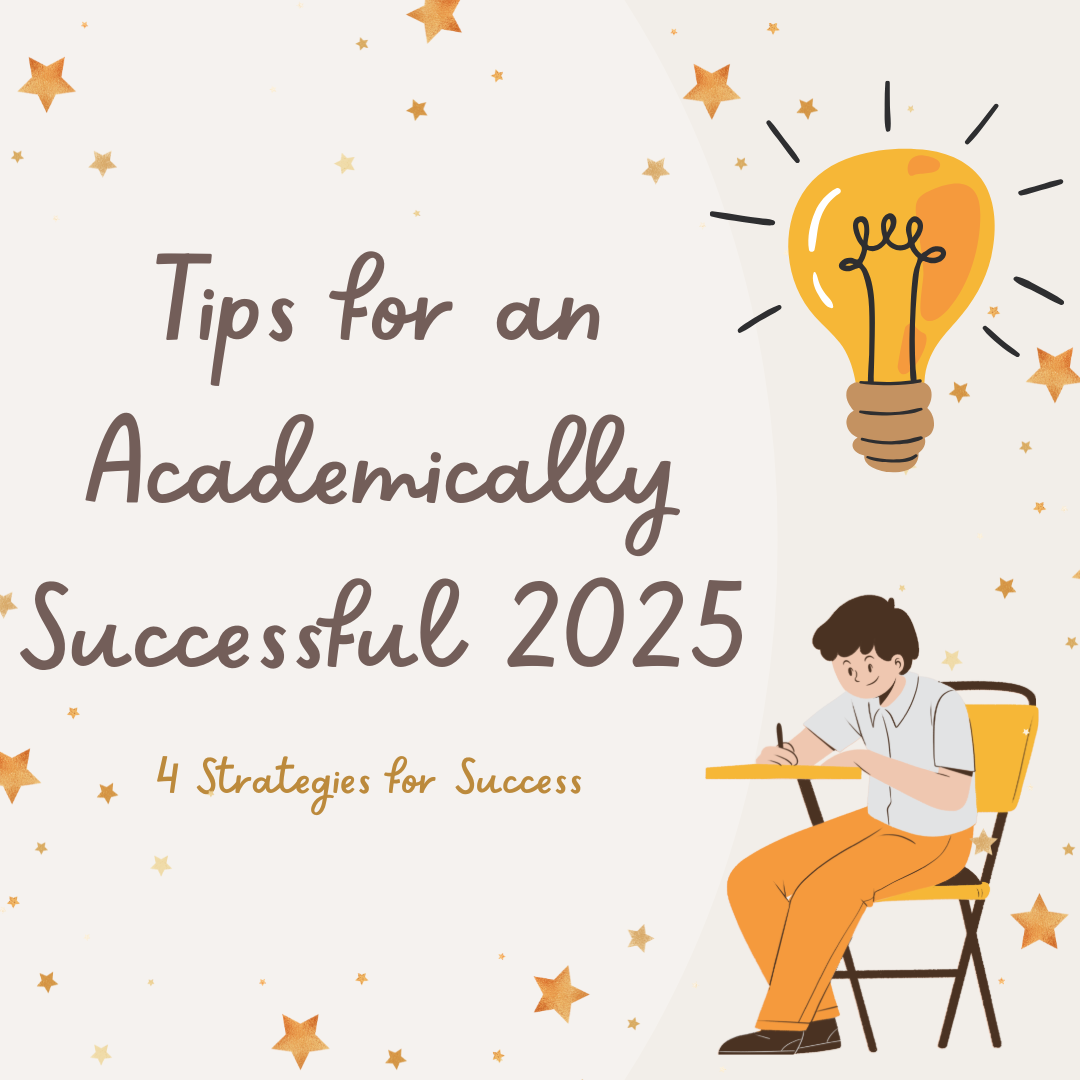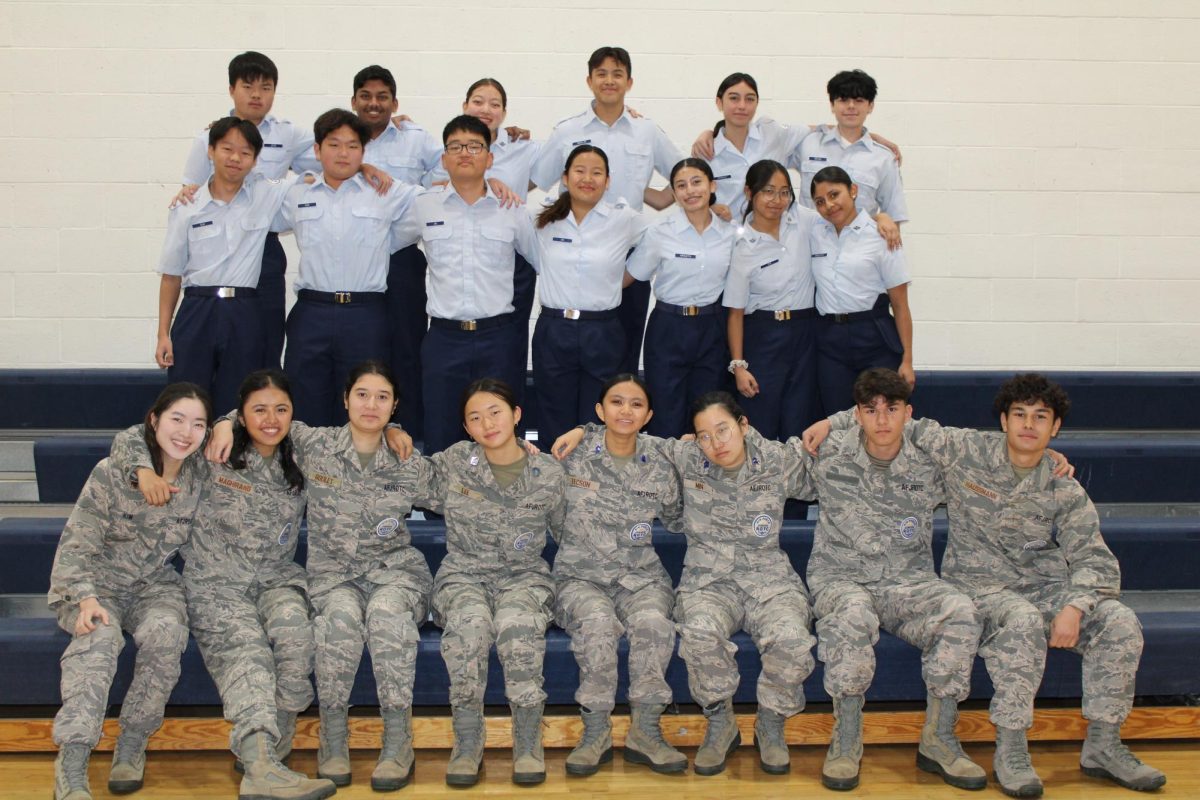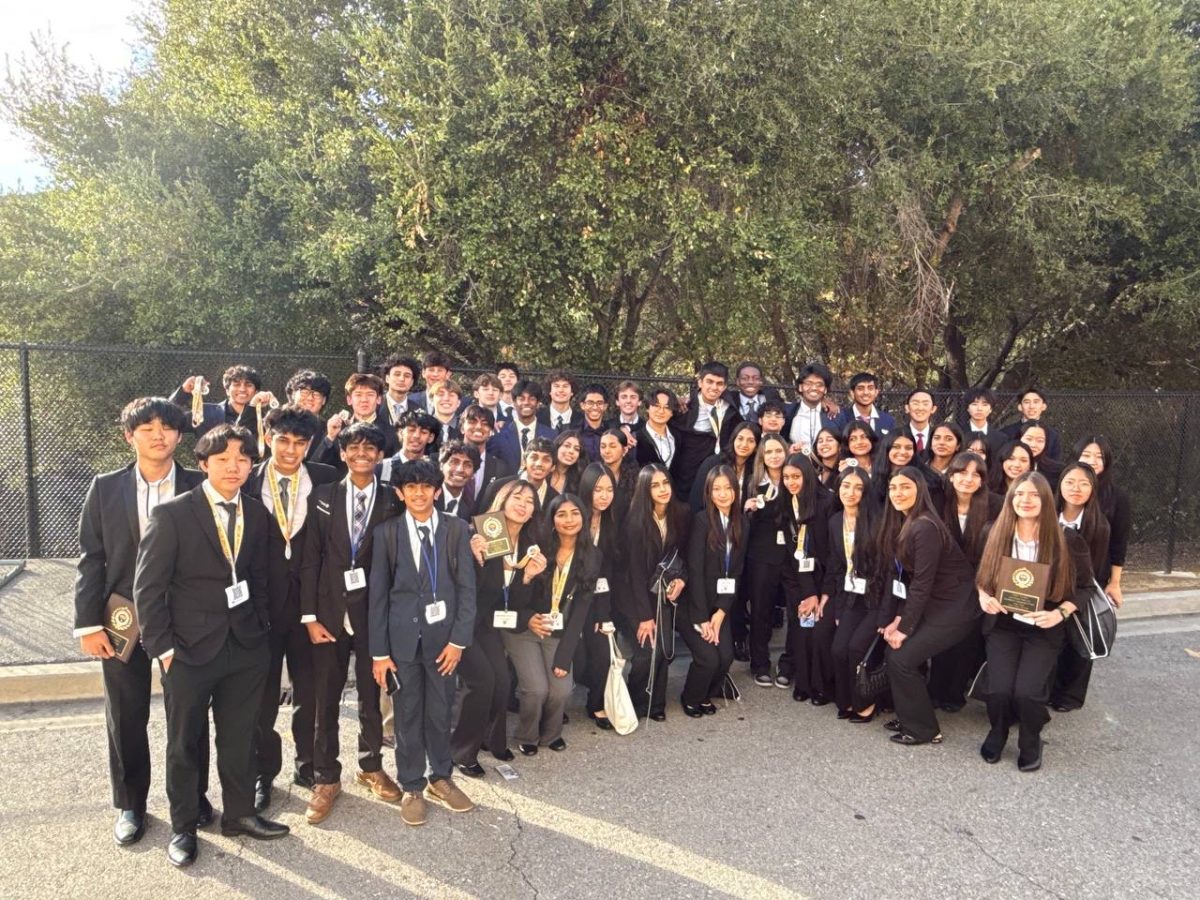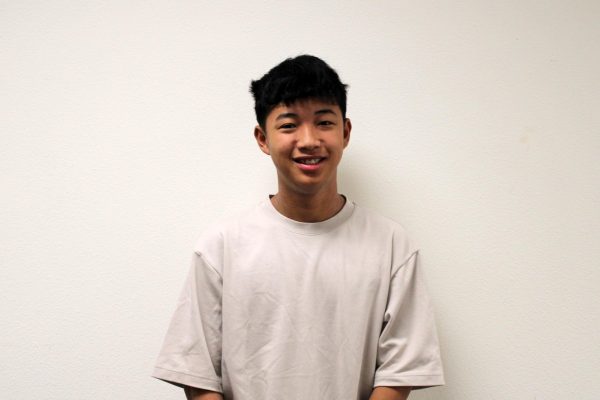A new year signifies a fresh start filled with new goals; for some, these goals revolve around academic success. Whether students plan to further their scholastic excellence or strive to hit higher standards, the new year offers a chance to flourish in the classroom. Here are a few tips to have an academically prosperous 2025:
Set Goals
Setting goals within the classroom gives students a target for their academic success. These goals can be as simple as pushing to be the best student possible. Junior Brandon Chang explained, “My goal is to stay on top of everything academically.” Though Chang’s goal is very straightforward, it gives him a clear motivation, focus and path to success. Even if the plans to meet this goal are not fully developed, Chang is confident that he will be able to reach his expectations just by working hard and “putting 120 percent into everything [he does].”
Goals do not have to be reflected through tangible success and rather can be about wanting to improve on specific aspects of student life. A skill that sophomore Michelle Ahn is targeting for this year is problem-solving. She expressed, “I hope to improve my problem-solving skills to work better with others.” Developing abilities that help in the classroom will allow for a more well-rounded and academically successful student.
Goals are not always going to be some grand achievement. Instead, small goals can be very beneficial. School Counselor Mrs. Fox-Warford reasoned, “Set realistic goals for yourself. This way, when you reach the goal you will feel as though you’ve accomplished something big!” Celebrating these achievements can greatly motivate students to push themselves to the best of their abilities.
Use Resources
Resources can be greatly beneficial for students who want to improve the effectiveness of their studying. Ahn explained that “online resources like Quizlet and class notes” have been very helpful in overcoming any obstacles in her learning process. She also noted that by paying attention in class, “studying is easier later.” Being aware of what help is provided can be beneficial in combating any challenges.
Utilizing resources can also come in ways that elevate the efficiency of academic work. Chang noted, “I plan on staying organized with my 2025 wall calendar and other time-blocking apps.” For any student, whether there are issues of procrastination, distractions, lack of concentration or more, having available tools simplifies the learning process and helps students of all types succeed. In Chang’s case, he says his methods of organization will directly benefit staying on top of his work and meeting deadlines.
Time Management
Proper time management can reduce stress in many areas of life, especially academics. A good method to train time management skills is by creating healthy habits. Junior Aiden Jojo expressed that one of his most effective time management strategies is to “use effective study habits.” Good study habits will ensure success through “tracking progress, staying organized, studying consistently and staying ahead of assignments,” Jojo explained.
A planner can be very helpful when it comes to time management. Mrs. Fox-Warford heavily encourages her students to utilize a planner as it can be used to “write down goals every day and make daily to-do lists. You can also set aside time for studying.” Doing this allows for goals to be prioritized easily and clearly shows what needs to be done on a given day to succeed academically.
Teacher/Peer Collaboration
Collaboration with teachers can be used as an effective resource. Teachers can help students meet their goals while also developing important relationships. Mrs. Brosche, Honors Pre-Calc and Calculus teacher, emphasized, “Student-teacher relationships are helpful for every student, and crucial for reluctant learners.” These relationships enable students who find success to have an easier time continuing to do what it takes to succeed while also motivating reluctant students to do their work, ask for help and push for achievement.
Mrs. Brosche also stressed the importance of student-student relationships, “I ask [students] to tell their goal to a friend or classmate and to ask that person to help hold them accountable.” Cooperating with other students mitigates the problem of accountability as well as building a community of fellow peers who can be relied on for help.
An academically successful 2025 is within reach through goal setting, utilizing resources, mastering time management and building strong relationships with teachers and peers. With these strategies, not only will academic success be achieved, but lifelong skills for learning and growth will flourish. So Cats, let’s make 2025 a year to be proud of!







